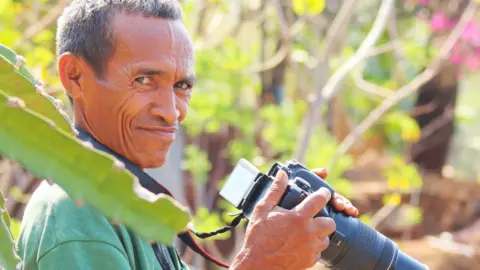At Torkham, the bustling Pakistan-Afghanistan border crossing in North-West Pakistan, the air is filled with the constant buzz of trucks and trailers transporting goods and essential supplies across the border. Amidst the bustle, a striking yet unsettling image unfolds of young children darting between big trucks, their petite frames burdened by loads of stuff.
They navigate the perils with remarkable agility, avoiding the moving traffic and the security personnel's ever-watchful gaze. Their presence highlights critical concerns about survival, exploitation, and the dark economic underbelly of this precarious region.
In the border area of Ghazgi, a town in west Afghanistan, children like twelve-year-old Ahmar face similar hardships. Ahmar, along with other young boys, haul scraps of automobiles across the Afghan border to Pakistan, embodying the struggles of a generation burdened by harsh labour and despair.
Dressed in worn-out clothes and a patched-up traditional Pashtun hat, Ahmar contributes to the family income. For the past year, he has been carrying a five-kilogram bag filled with spare automobile parts back and forth between Pakistan and Afghanistan. He explained that his sister waits for him at the border crossing to take goods from a commission agent or a warehouse in Pakistan or Afghanistan and cross the border. When a shipment of automobile scrap arises at the border, she heads toward her home to bag the commercial goods. Sometimes, she spends the entire night by the roadside, waiting for the chance to help her brother by collecting leftover scrap for him. There are also some children whose parents task them with smuggling commercial goods, and they make the perilous journey to the border on their own.
A warehouse supervisor, speaking to the Global Voices team on the condition of anonymity, revealed that an organized mafia colluding with the border administration is involved in sending and receiving goods across the border. He further explained that many of the children involved in these activities do not have adult family members accompanying them. However, some children are brought by their parents, who work at the warehouse, to assist in smuggling goods across the border. These parents often coordinate with warehouse operators in Afghanistan to transport goods on their return journey. In exchange for their involvement, the parents receive compensation for their work.
Farman Shinwari, the former president of the labor union for workers in Torkham, revealed in a face-to-face interview that more than 3,000 laborers are engaged in commercial activities at the border, 70 percent of whom are children.
Seven-year-old Kashmala is also from Afghanistan. She works as a labourer in Torkham, Pakistan, with her relatives and other neighbouring children. Kashmala's home is located an hour away from Torkham, and she returns home every few days to give her mother 2,000–3,000 rupees (USD 7.2–10.8). This money is used to support her two brothers and three sisters. Upon asking about her work, her parents shared in a pained voice that incidents of sexual assault and violence against children are alarmingly common in this line of work.
According to Farman Shinwari, child labour has not been completely restricted by law in Pakistan because, if it were banned outright, children would attempt to cross the border on foot through dangerous areas, climb over fences, or hide in vehicles and trailers, which could lead to even more accidents. During occasional meetings with Pakistani and Afghan border authorities, he also participates as a labour union representative. He claims that in every meeting, the authorities strongly emphasize the need for restrictions on children bringing and taking goods, and sometimes, they halt the movement of children at the border for several days.
Based on his data, thirty children have died in the past two years after being run over by goods-carrying vehicles. However, the government has no record of these children, and there is no system in place for financially assisting their families.
The sexual abuse of child labourers
Azam Khan is twelve years old and hails from Pakistan's Landi Kotal town. He crossed the border on foot from Afghanistan and reached a warehouse located within Pakistan’s borders, carrying twenty packs (cartons) of cigarettes on his shoulders. His sweat-soaked clothes were weighed down by dust, and he was sitting near a water cooler to quench his thirst. When asked about the marks and scars on his face, he revealed that he had been subjected to physical abuse multiple times by Pakistani security personnel at the border as well as Afghan Taliban fighters.
Azam explained that during work, child labourers become targets for physical and sexual abuse. He mentioned an incident where he once went to a place provided by the warehouse manager to sleep, and there, an attempt was made to molest him.
Ferman Shinwari mentioned that the number of children working in difficult conditions in Torkham has increased due to the arrival of the Taliban in Afghanistan and international sanctions. Ten of 100 children are Pakistani, while the rest are Afghan. Most of these children are the sole breadwinners of their homes whose elders have died or become disabled in the conflict.
Without revealing his name, an official of the Landi Kotal Sub Jail mentioned that in Torkham, children are used for smuggling commercial goods and drug smuggling. He stated that in the past year, 20 children were arrested, but due to the lack of a specific place for children in the jail, their cases are quickly dealt with, and legal action is taken. He further stated that a significant number of arrested children are Afghan, and they are later handed over to Afghan authorities.

Sufyan, Kashmala's elder sibling working in a welding shop on the Torkham border. Photo by Ramna Saeed. Used with permission.
How many child labourers are there?
The exact number of child laborers in Khyber Pakhtunkhwa is unavailable, according to Lehaz Ali, a journalist working with Agence France Presse. He mentioned that there is no comprehensive data or effective planning by the government to address the issues faced by child laborers in the region, making it difficult to ascertain the exact number of child laborers.
According to the last survey conducted in 1996, around 3.3 million children in Pakistan were engaged in various forms of child labor in specific sectors. Of these, a significant number, approximately 1 million children, were from Khyber Pakhtunkhwa. However, tribal areas, Afghan refugees, and informal sectors were not included in this survey.
“The formal data collection work for the survey began in January 2022. After the data collection phase in October 2022, the data validation and correction process started, which was completed in April 2023. It took five months to compile the report. The commission identified Afghan children who were victims of various issues and, with the help of the mentioned authorities, reached out to their families in Afghanistan. Currently, more than thirty Afghan children are present in the commission’s rehabilitation centers”, said the head of the Child Protection and Welfare Commission in Khyber Pakhtunkhwa, Ajaz Muhammad Khan in an interview with Global Voices.
Child protection laws
In Khyber Pakhtunkhwa province, after amendments to the Protection of Children and Welfare Act 2010, it was re-passed in 2015, the Compulsory Primary to Secondary Education Act 2017, the Prevention of Child Labor Amendment Act was enacted in 2015, in which the conditions regarding child labor were clarified. After the increase in cases of sexual violence against children in Khyber Pakhtunkhwa, there was increased pressure from social activists and the public to bring amendments to the Protection of Children Act 2010. The bill was presented to the provincial cabinet in 2021, and the draft of the bill was unanimously approved after a disputed section was removed. The disputed proposal suggested making a public a video of hanging child sexual offenders, but it was dropped from the bill after dissenting opinions emerged.
According to the amended law, a person involved in child sexual abuse will be punished with life imprisonment, a death sentence, and a fine of up to PKR 5 million (USD 18,000). Making videos of child sexual abuse will attract 20 years in jail and a fine of PKR 7 million (USD 25,222) while sharing the video will attract 10 years in jail and a fine of PKR 2 million (USD 7,200). The bill removed the death penalty and amputation of the sentence for a sexual assault convict.
It remains to be seen whether this law and other steps against child abuse and dangerous child labor will protect the vulnerable children at the border, but activists are remaining hopful and vowing to continue their fight.





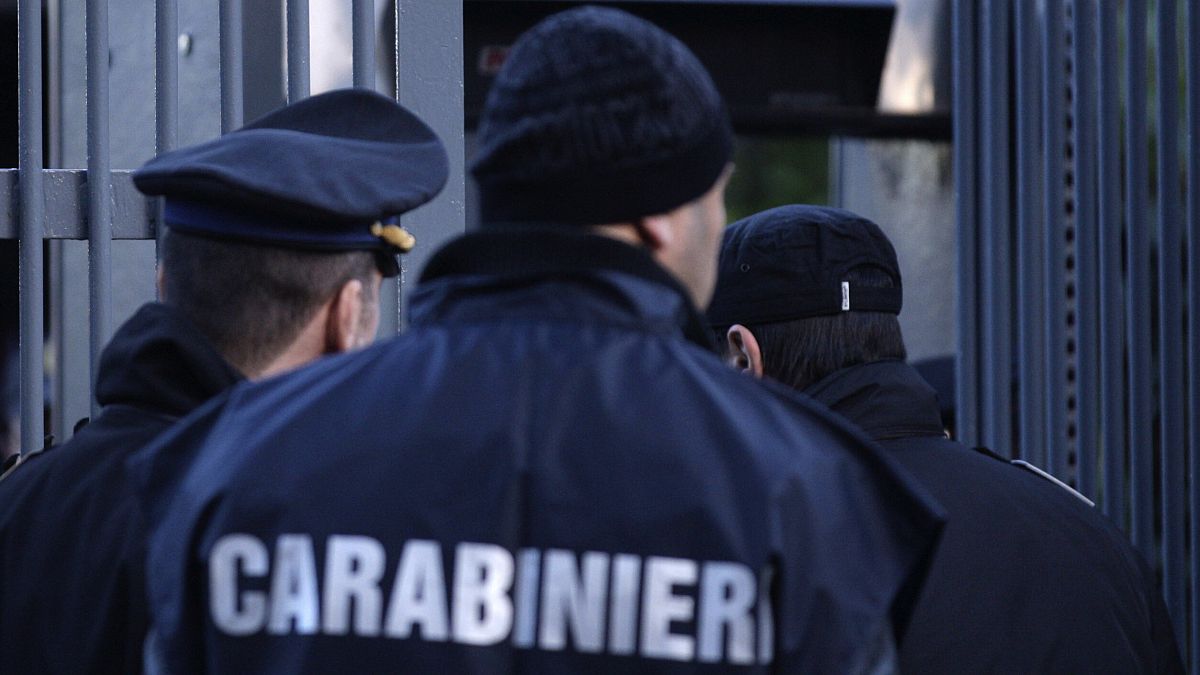
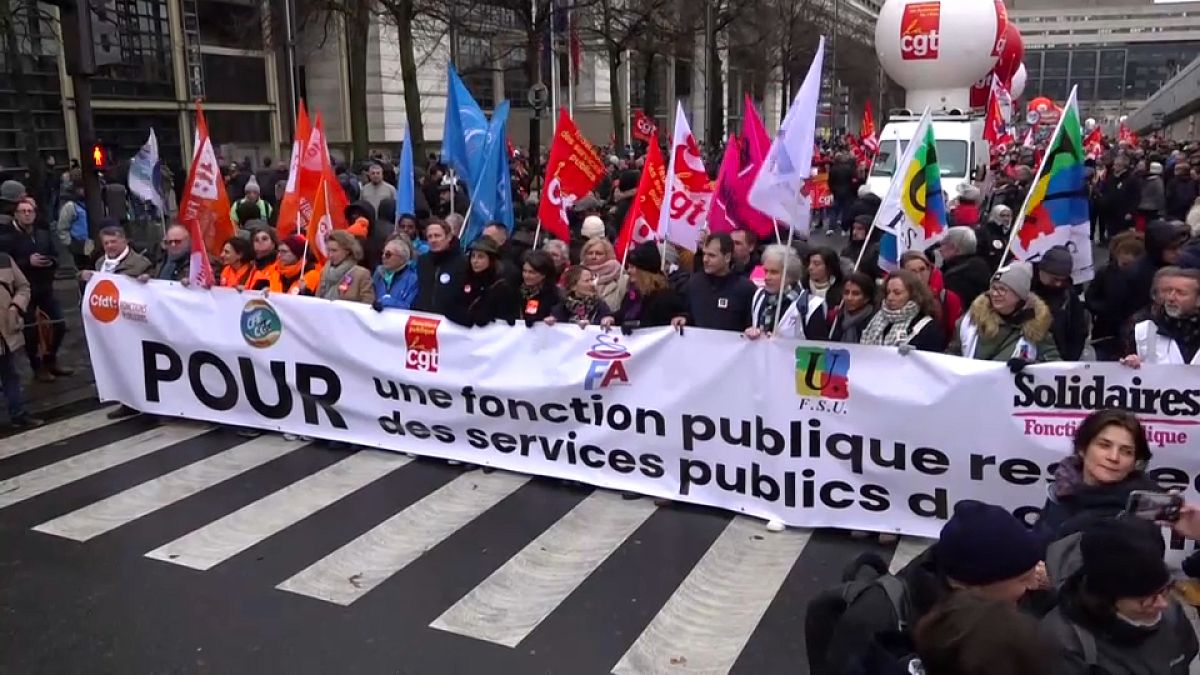
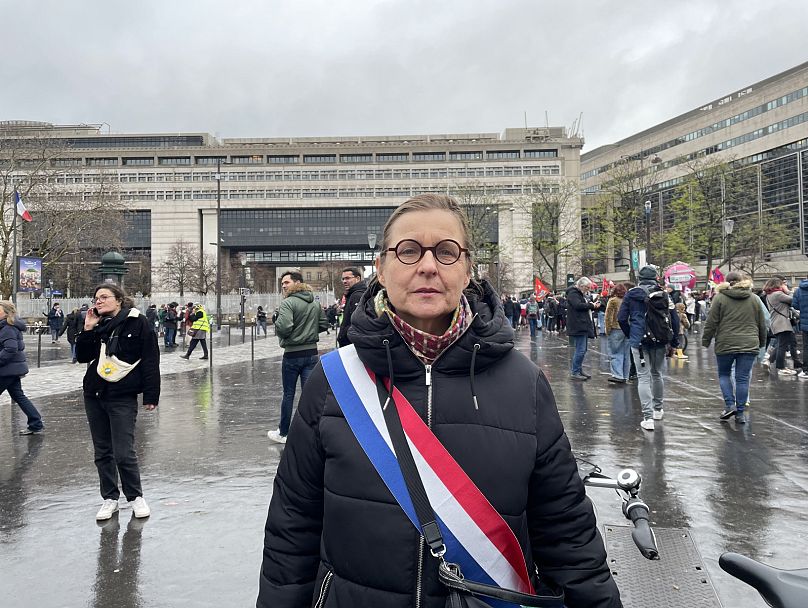
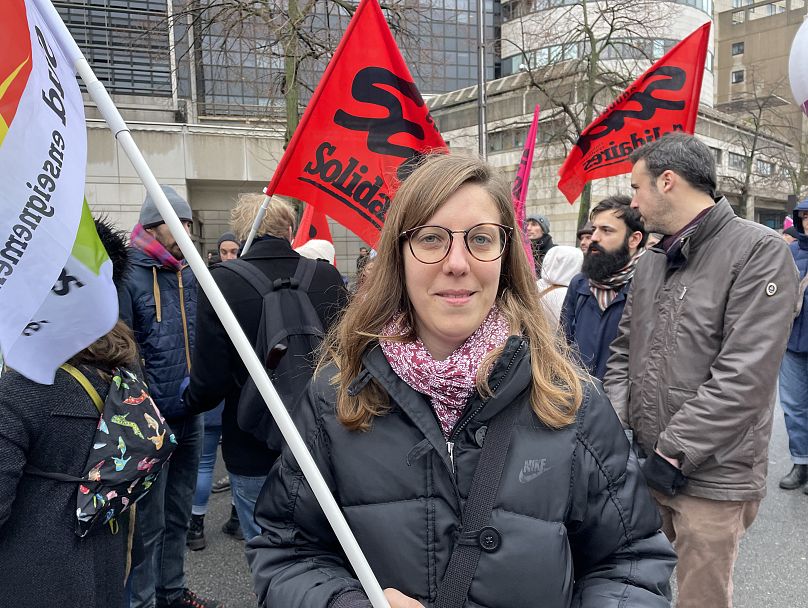




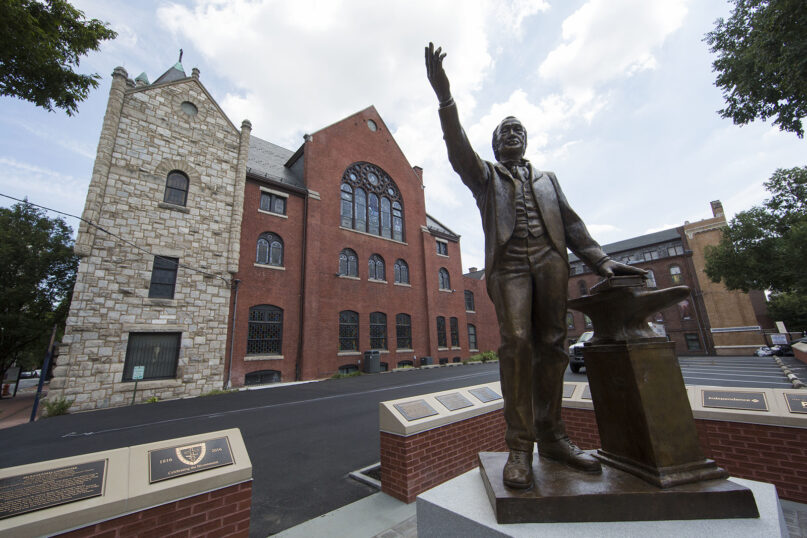



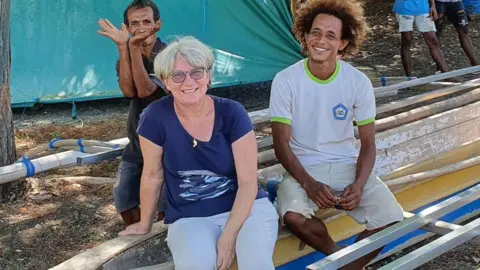
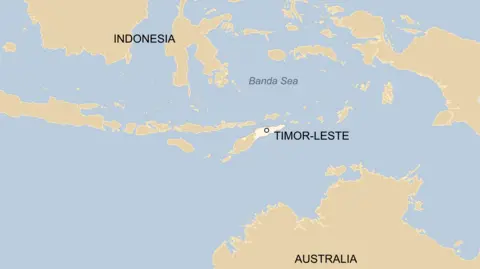
 Zacarias da Cunha
Zacarias da Cunha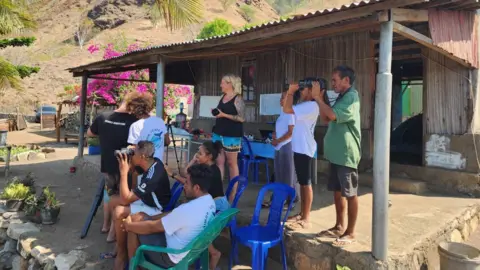 Karen Edyvane
Karen Edyvane